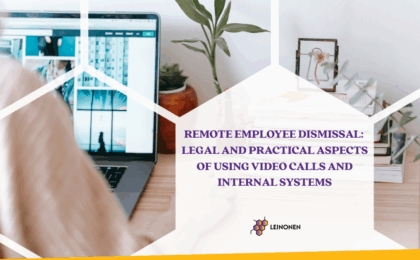The goal of the changes is to modernise and simplify VAT conditions for e-merchants who sell goods and/or services internationally to final consumers and to ensure that VAT imposed on these transactions is paid in the EU Member State where the customer is located.
The current VAT special scheme (Mini One Stop Shop (MOSS)) is applicable to electronic communication, broadcasting and electronically provided services that are provided to individuals only. As a result of the planned changes, the Mini One Stop Shop (MOSS) scheme is changed to One Stop Shop (OSS) scheme and its application is extended referring it to the following transactions, to:
- All types of cross-border services provided to final customer in EU;
- Resale (or distance) supplies of goods in the EU territory;
- Resale shipments of goods imported from third countries or territories the value of which does not exceed EUR 150.
For example, currently an e-merchant who sells goods online and reaches or exceeds the threshold amount of distance sales in the respective EU Member State, which is from EUR 35,000 to EUR 100,000, is registered as VAT payer in every EU Member State where the threshold has been reached. Within the One Stop Shop (OSS) scheme, merchant can register in only one EU Member State and declare all the shipments made in the EU territory.
Therefore, e-merchants should assess whether and how these changes would impact their business.
[1] https://titania.saeima.lv/LIVS13/saeimalivs13.nsf/0/2C332AF2B045D90DC225859E001F86FE?OpenDocument



